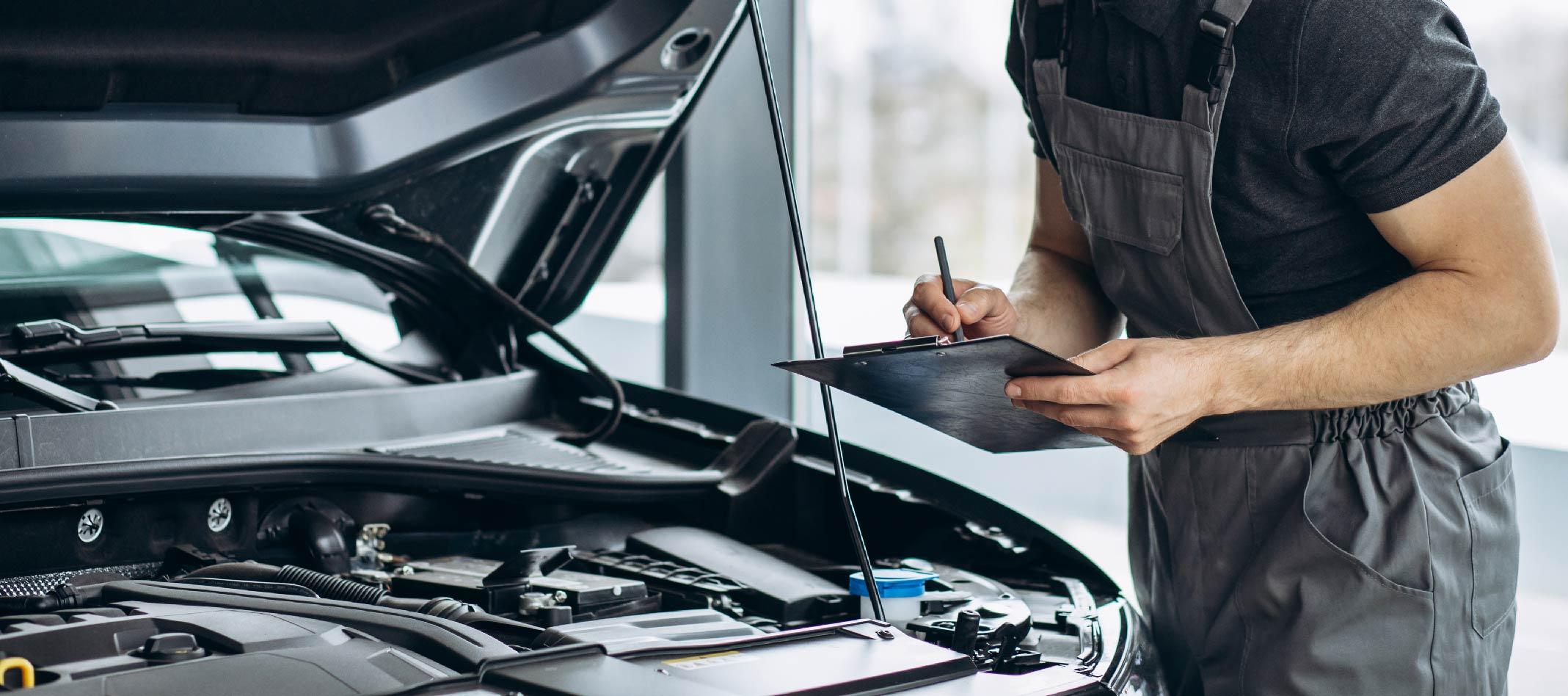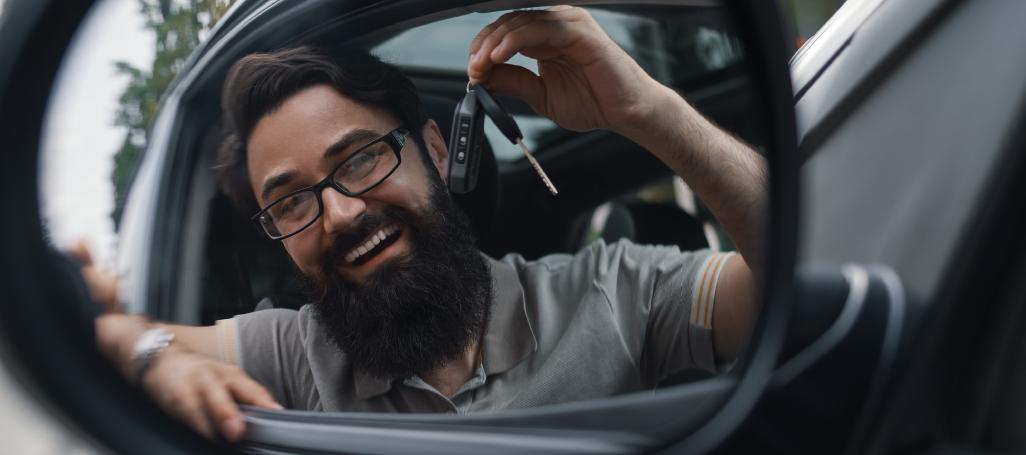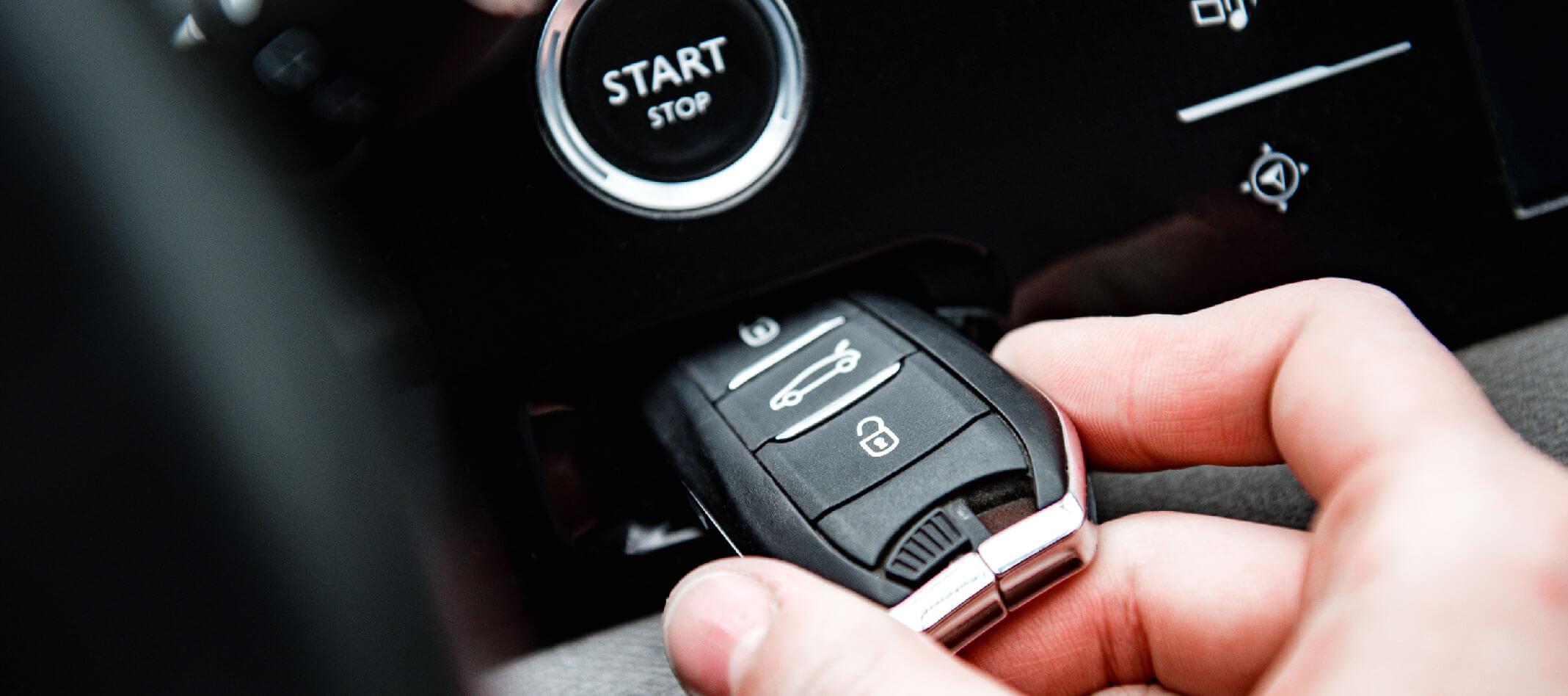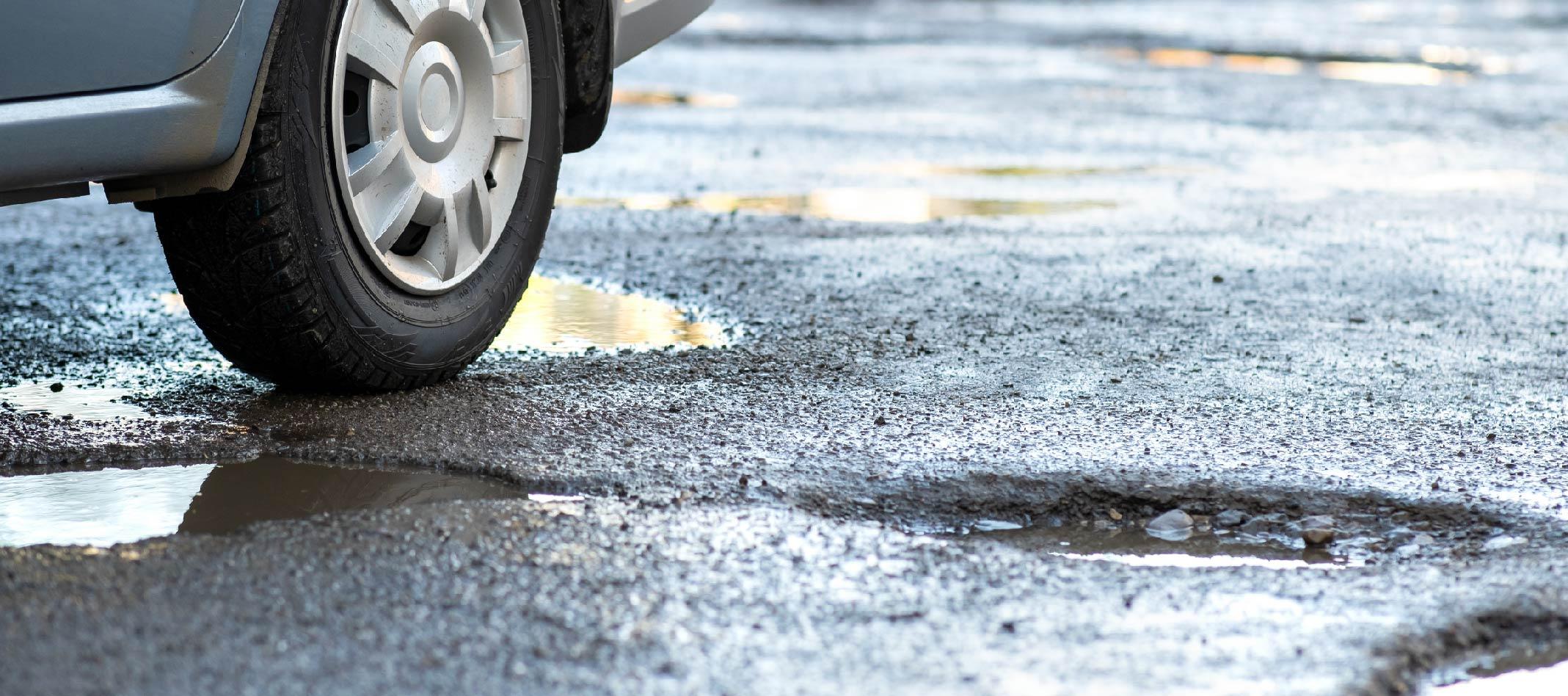Lease or buy? A new driver’s guide to choosing the right option
Is it better to buy or lease a car? What's the difference between buying and leasing a car? What's the advantages of buying a car outright? Check out this blog to get the answers!

When you're in the market for a new car, it can be easy to get stuck in the rut that is the research stage. Which make and model is best? Which features are a must? Is it better to buy the vehicle or lease it? The latter question is one we hear often...
Sometimes it feels impossible to navigate through all the information you find online. In addition, you must weave through the conflicting opinions of everybody else! The entire journey becomes even more complicated as someone who's never had a car before, or who's recently passed their driving test. There's a whole world you're not yet familiar with!
What you need is a clear, straightforward guide that tells you the pros and cons of each option. Fortunately, First Response Finance has arranged exactly that. Jonathan Such, Head of Sales, has put together the ultimate guide to help you determine whether you should lease or buy your car.
What's the difference?
First, let's establish the difference between your two options. Buying and leasing a car is effectively the same as buying or renting a house.
Buying = purchasing a vehicle from a dealership, private seller, or auction with the intention of becoming the owner of the vehicle.
Leasing = renting a vehicle for a fixed time for an agreed amount of money.
Jonathan said: "There are advantages and disadvantages to each option. Someone you know might have done X and regretted it, while another did Y and wish they hadn't. No two situations are the same, which is why no two outcomes will be, either. You must do what's right for you based on your own circumstances, which is what we're going to help you establish here.
"It's also important to keep in mind that 'buying' a vehicle doesn't have to mean forking out the entire cost in one go. Finding a reputable finance company means you can still get all the benefits of buying as opposed to leasing, but in a more affordable way.
Advantages of buying
Buying a vehicle isn't for everyone, but it can be an extremely beneficial process for new drivers who need a vehicle and have the means to commit to one in the long term. Here are some advantages you should consider:
Ownership – When you buy a car, it's totally yours! You don't have to worry about wear-and-tear (which can be incredibly common when you're new to the roads) or mileage restrictions. Buying a car usually means more freedom.
Equity – Owning your car means that, over time, you build equity. In other words, this means that if you ever come to sell the car, you have a chance to regain some of your investment. You could put this chunk of money towards a new car or save it for a rainy day.
Cost savings – While buying a car (as opposed to leasing one) typically means a larger deposit and higher monthly payments, there are still savings to be made. For example, you can avoid the lease-end fees and, in many cases, enjoy lower insurance premiums. In this cost-of-living crisis, the extra cash will almost definitely come in handy.
Flexibility – As the owner of the car, you have the privilege of trading it in whenever you like without having to worry about early termination fees or various other penalties. This is a good perk to keep in your back pocket if you're planning on buying a larger vehicle in the near future or would like improved features that only new cars have.
No mileage restrictions – Forget mileage limits when you're the owner of your vehicle. With no maximum number of miles that you're allowed to drive, you don't have to worry about incurring additional fees or penalties. Go wherever you must!
What to consider when choosing between leasing and buying
So, we've discussed the benefits of buying over leasing, but what else do you need to consider before making that final decision? Remember, every situation is different.
Your financial situation – If you want lower monthly payments and a lower upfront cost, leasing could be the way forward for you. We recommend sitting down one evening and assessing all your monthly outgoings; if you can afford a higher bill, buying may still be an option.
Your lifestyle – Don't forget about the mileage restrictions we mentioned above. If your lifestyle requires you to regularly drive long distances, buying a car is probably the better option. However, if you only drive short distances, such as school runs and shopping trips, leasing becomes another fine option.
Your long-term goals for car ownership – Those that have a desire to eventually own their car outright should consider going down the route of buying, as leasing means you won't ever own the vehicle. If you're unfazed or perhaps even like the idea of swapping cars every few years, consider leasing.
Responsibility of ownership – Owning a vehicle means you're responsible for maintenance, repairs, and selling the car when you think it's time for an upgrade. This can put a lot of pressure on somebody. On the other hand, leasing the car means these responsibilities can be covered by the dealership or manufacturer.
Do what's right for you
As you can see, there are various benefits to both buying and leasing a car. There isn't a wrong answer. We recommend sitting down with this article and drafting up plans for buying or leasing based on your individual circumstances. When you're ready to decide, consult a professional who will assist you in creating real plans that will get the car you need.
You may also like...
Advice | Apr 2024
Do I need an MOT? The importance of servicing a car
Press releases | Apr 2024
Finance expert reveals tips on budgeting for your dream car
Press releases | Apr 2024
Expert reveals how to spot and avoid car finance fraud
Advice | Mar 2024




